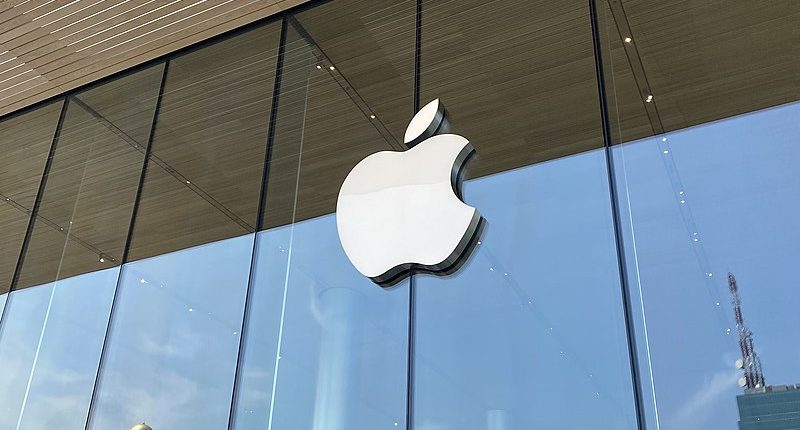WhatsApp criticized Apple’s mandatory privacy labels initiative for its iOS App Store saying that it gives Apple an unfair advantage. But the company has clarified that the privacy label requirements will apply equally to both third-party developers and itself, pointing out that the company is not exempt from its own privacy program.
The American tech giant introduced ‘privacy nutrition labels’ in the developer conference held in June, which will require all iOS app developers to use labels on the app store to describe the kind of user data they collect. The developers were required to start submitting the labels starting on 8th December.
Facebook’s WhatsApp submitted the required information to Apple on Monday, and later explained in a blog post what the labels actually mean in the context of its app. While the company had submitted the information, it also criticized these new privacy requirements, calling them unfair and anti-competitive.
WhatsApp called it unfair because the company thought the requirements only apply to third-party developers and not Apple itself, whose apps come pre-installed in iOS devices, and some of them do not even have dedicated App Store pages.
“We think labels should be consistent across first and third party apps as well as reflect the strong measures apps may take to protect people’s private information,” a WhatsApp spokesperson said in a statement made to Axios.
“While providing people with easy to read information is a good start, we believe it’s important people can compare these ‘privacy nutrition’ labels from apps they download with apps that come pre-installed, like iMessage.”
Apple has responded to WhatsApp’s criticism. The Axios article which contained statements from WhatsApp was updated to include that Apple is also required to provide privacy label information for its own apps.
“The new rules apply equally to all iOS apps, including all Apple‘s built-in apps like Messages. For iOS apps that don’t have dedicated product pages on the App Store, like Messages, they will still have the same privacy information be made available to users on Apple’s website.”
WhatsApp also pointed to another aspect of the privacy labels which the company thinks is anti-competitive. The Facebook owned company’s complaint is that the privacy labels are too broad, meaning that there is a chance that an app which can collect more user data will be using the same privacy label as another app which doesn’t do it to the same degree. Though it is unsure if Apple will make the labels more descriptive, as they are meant to be easy to read similar to nutrition facts.
The “nutrition labels” or privacy labels are part of Apple’s push towards making iOS more privacy focused and secure. With the increase in scandals around user data collection and its misuse, it is important that users are aware of the kind of data their apps collect. These labels are meant to do exactly that, by providing a quick information on the kind of data the app collects, and allowing users to choose apps more carefully.
The Tech Portal is published by Blue Box Media Private Limited. Our investors have no influence over our reporting. Read our full Ownership and Funding Disclosure →






